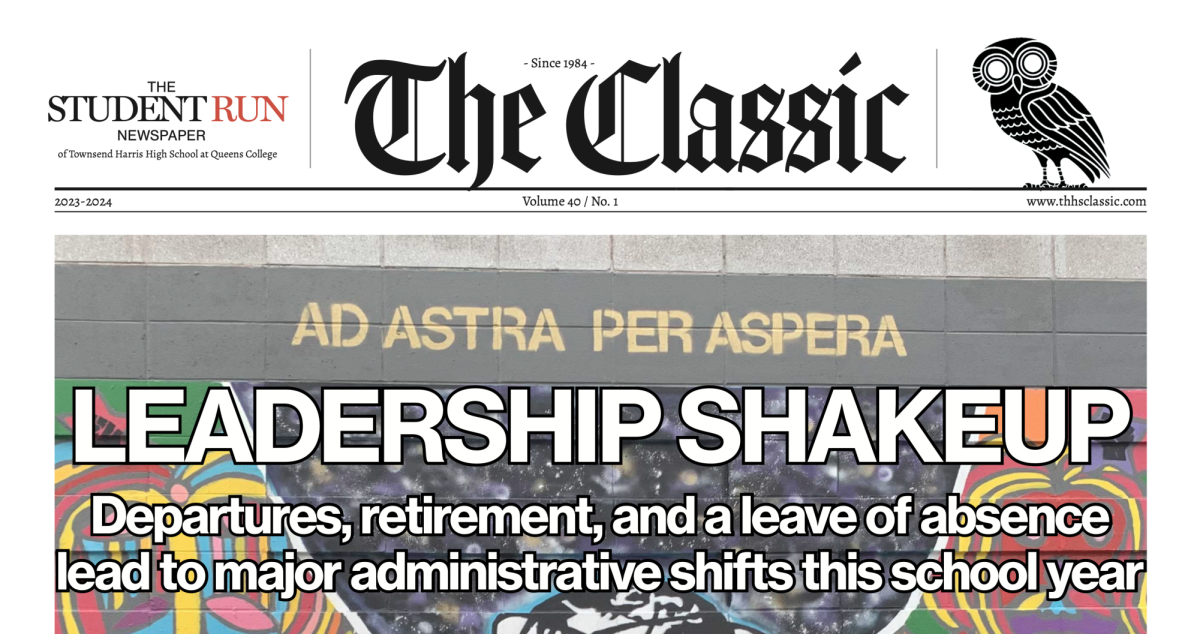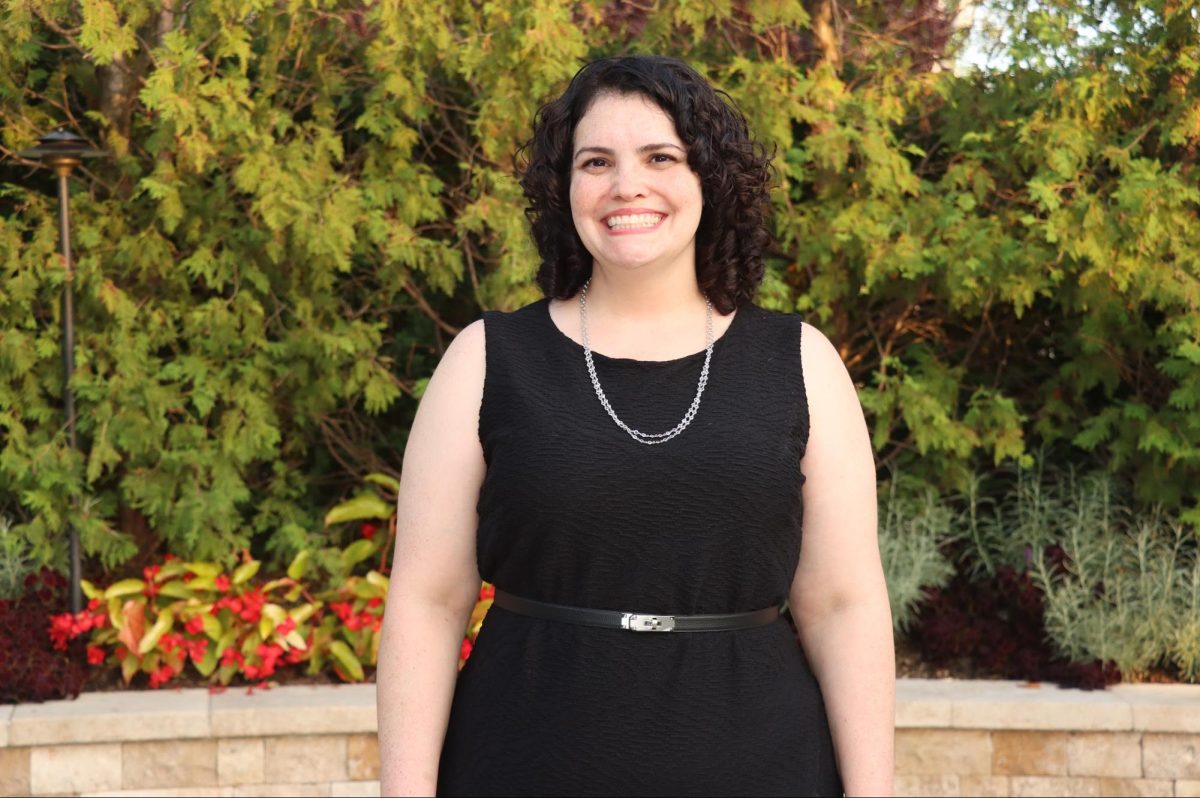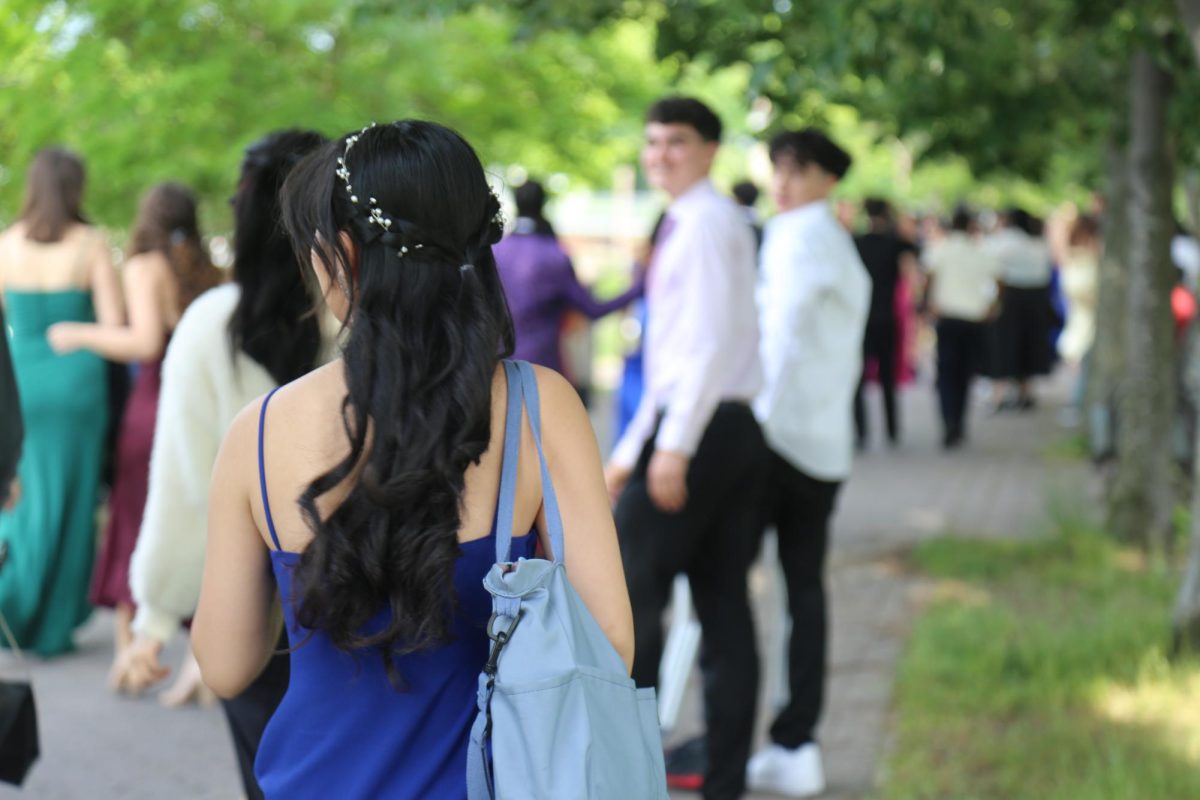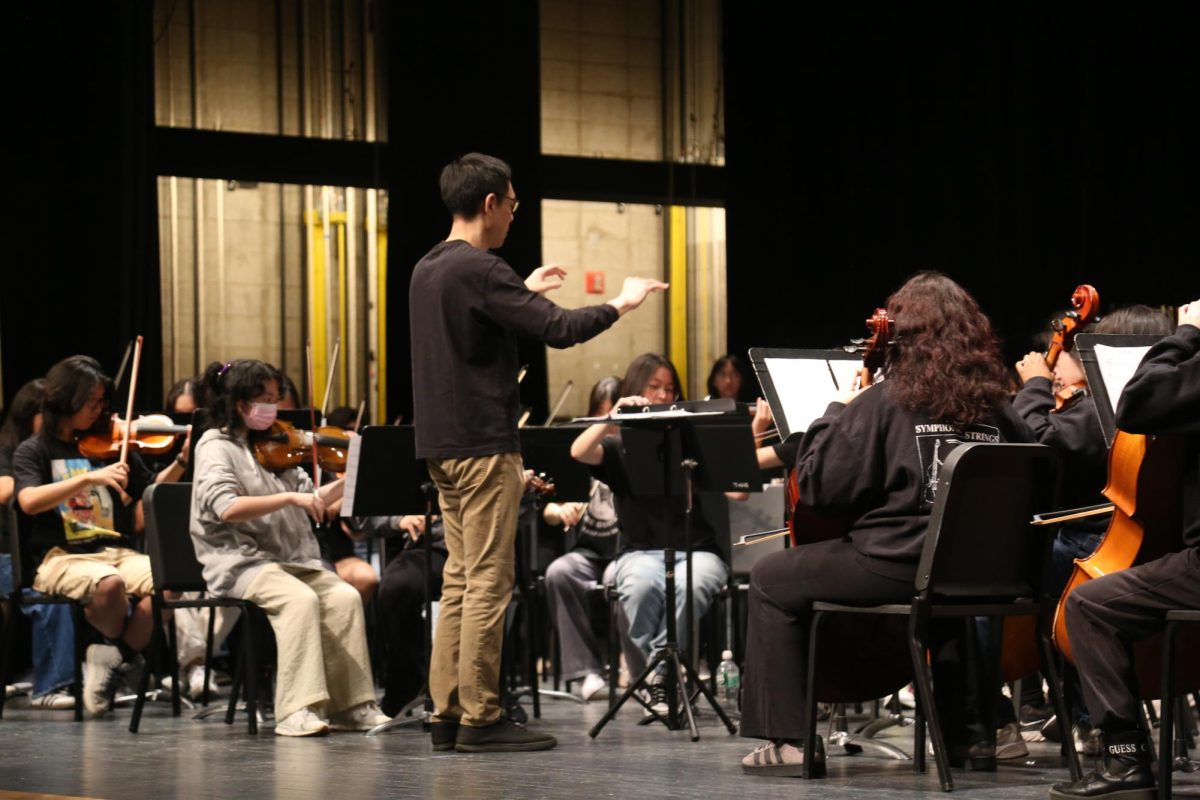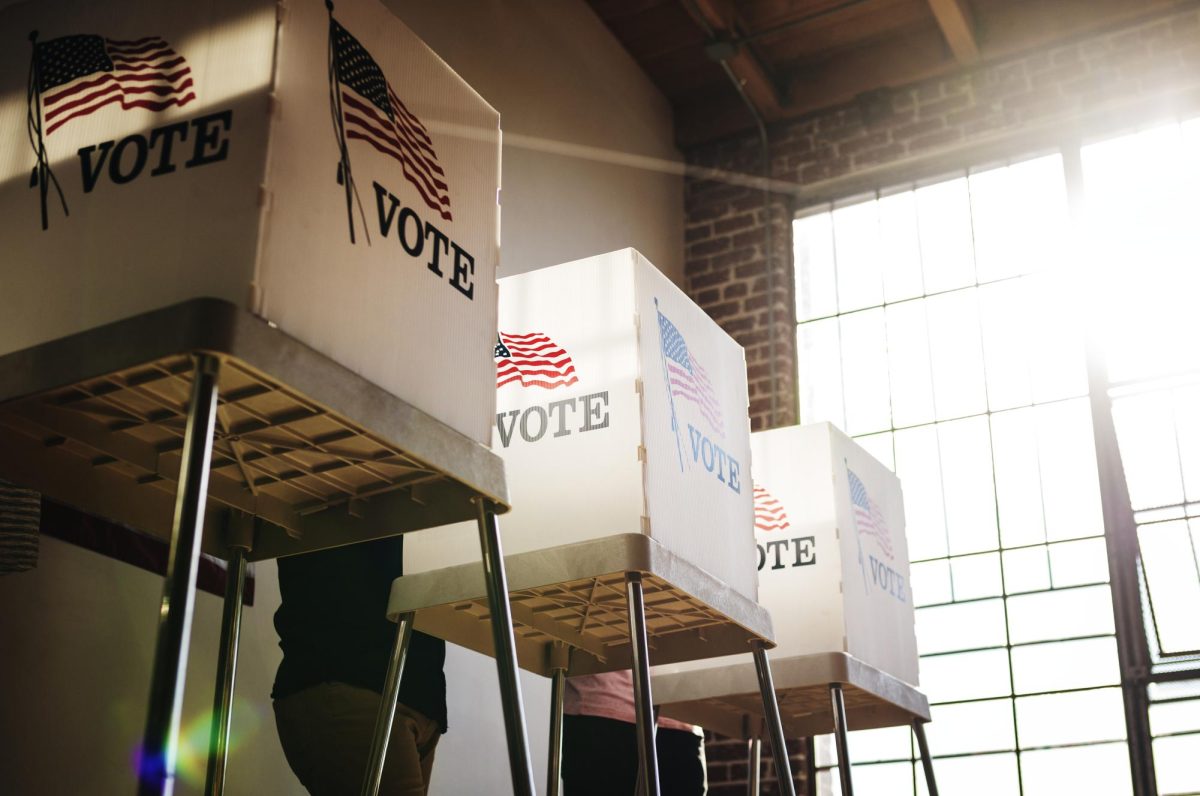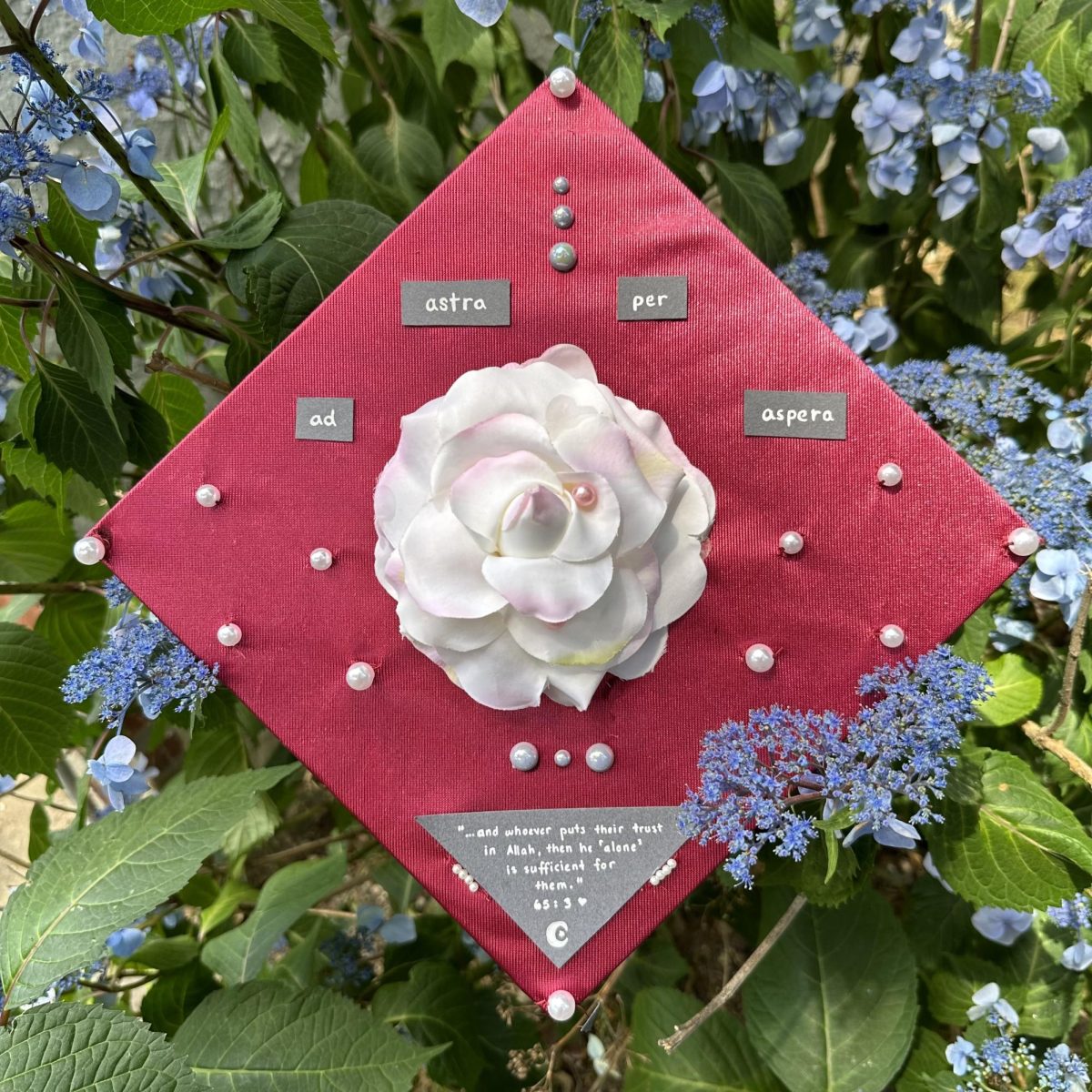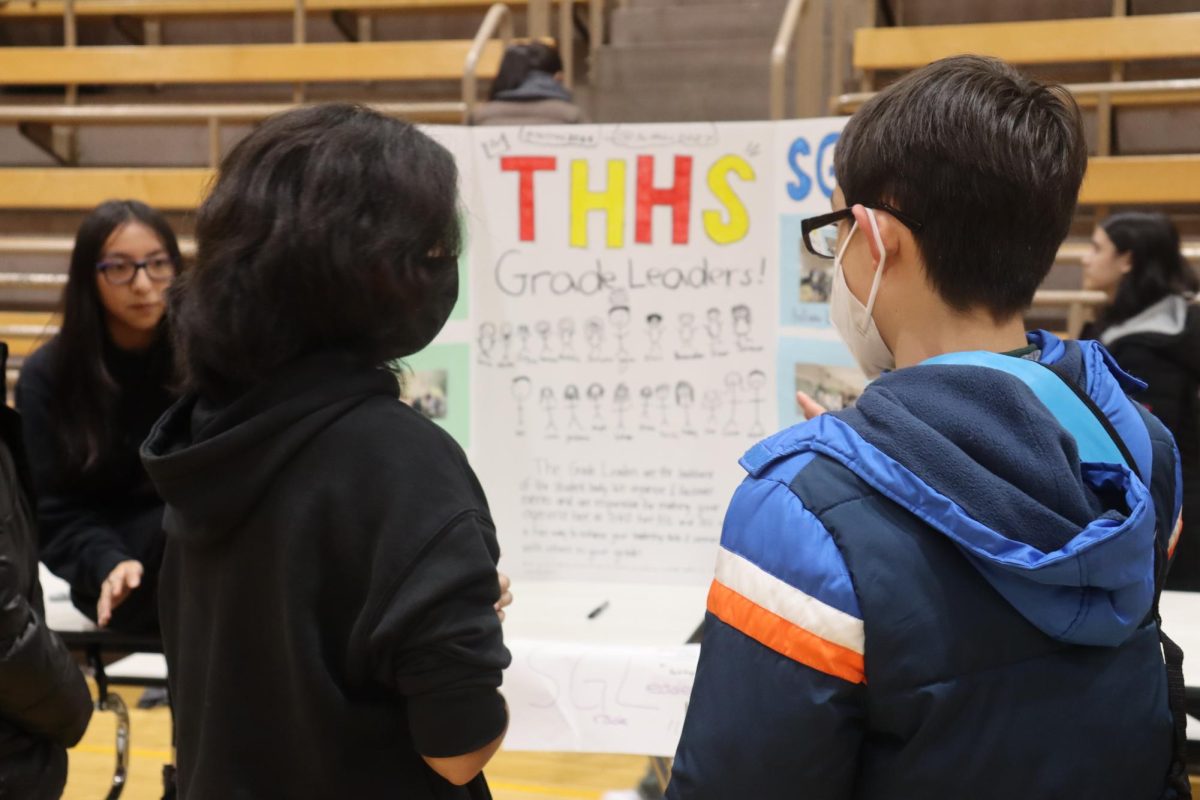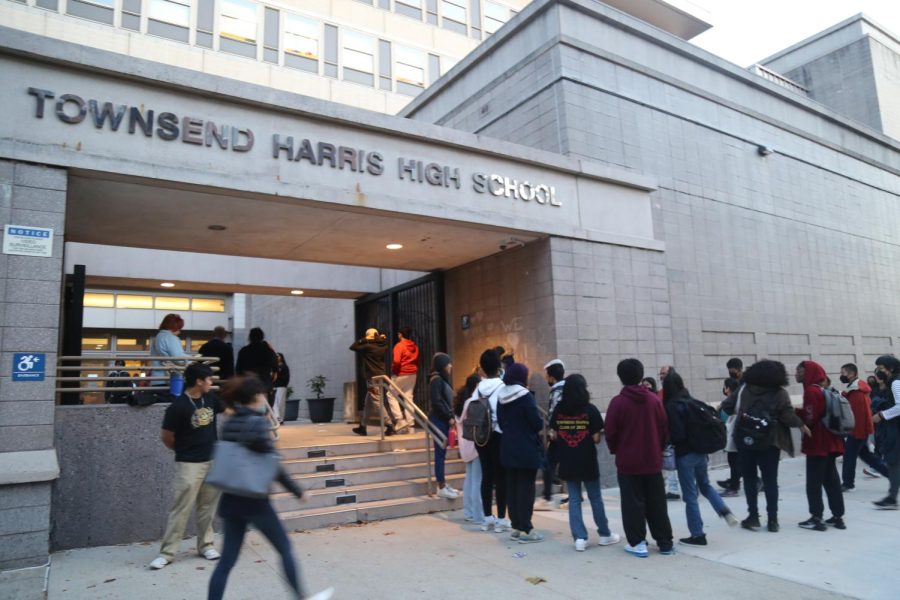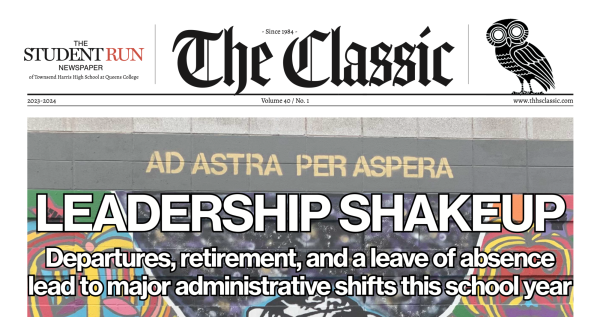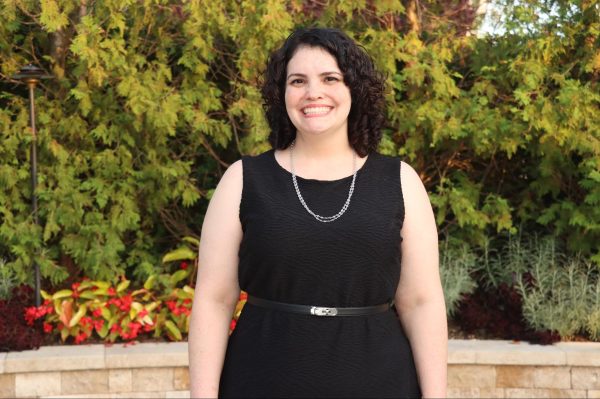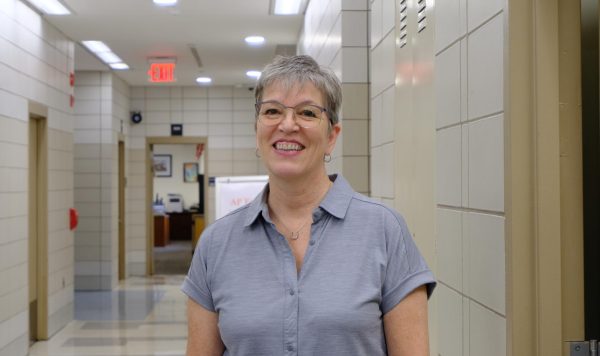After Roe v. Wade, sex-ed is more important than ever, but in recent years, THHS pushed it from sophomore to senior year
Is it best to run health for seniors rather than sophomores?

“It’s scary to consider having to keep a child in the event that I ever experience a pregnancy scare,” said senior Amanda Ip, especially after the Supreme Court overturned the Roe v. Wade precedent with the Dobbs decision in June of this year, which has led to the criminalization of abortion in 13 states. But because a 2019 NYC Department of Education (DOE) graduation requirement audit led to sex-ed classes being moved from sophomore year to senior year, Amanda has still never taken a formal class in reproductive health.
Delays in administering health classes have forced Townsend Harris students to navigate their sexual health with little direct instruction prior to senior year, at a time when many states are limiting access to critical reproductive health care to teenagers. The Dobbs decision makes it especially important for current high school students to be aware of their sexual health and the risks associated with sex. However, THHS has made sex-ed something provided to teens at or near the end of their high school career.
Since the 2011 school year, New York City has required sex-ed as “a mandatory component” of the high school health education course, and has “strongly recommended” that it take place in 9th or 10th grade. The NYCDOE also requires students K-12 to have HIV/AIDs lessons each year, which students at THHS receive primarily on World HIV/AIDS Day each December.
Prior to 2019, THHS students took health as sophomores. Due to the DOE’s reevaluation of the PE program at THHS in 2019, students now take health classes, along with sex-ed, in either the fall or spring of their senior year.
Assistant Principal Ellen Fee, who supervises the health and Physical Education program, told The Classic that the school is working to ensure that health classes are updated for seniors so that the content of the course focuses on helping students prepare for the challenges they will face in college.
“Content should really be pre-college instead of introduction to high school sexuality,” she said. “You need to know about [mental health issues and] things that you face in college. [Senior health classes should focus on what] you need to know about alcohol and sexuality in college.”
Incorporating health sessions within PE classes throughout the four years is another option, according to Ms. Fee, for THHS to ensure students receive some sex-ed lessons before senior year.
Class of 2022 graduate Zuzanna Kowalski said that the education she received on sexual health in her senior year was comprehensive and covered essential topics well.
“[The THHS health course] is very informative on the physical and sexual nature of human beings,” she said. “In the class, we spoke about many sexually transmitted diseases and about ameliorating stigma around STDs.”
However, she said she felt that the timing impacted how students received the information.
“Many students didn’t pay as much attention to health my senior year because most of the content was common knowledge at that point and we saw the class as just another graduation requirement to be completed,” Zuzanna said.
With sex-ed offered as a pre-college course, this leaves many students to their own devices to answer questions related to sexual health between middle school and senior year.
Junior Lesley Yupa’s last sex-ed class was in the eighth grade.
“In my middle school, health class was introduced in eighth grade. However, it covered just the basic and surface-level concepts of sexual education,” she said. Lesley described the years-long-gap between her eighth grade courses and her high school sex-ed class as “concerning.”
The 2019 PE audit resulted in the DOE requiring health to be an additional course added to student programs, whereas before students took health in lieu of a PE course one semester. The decision to offer health in senior year as a response to this requirement resulted from various programming factors, but essentially, seniors are “the best ones” to assign health to because they have more flexibility in their schedules, said Ms. Fee.
If THHS were to move health back to sophomore year, there would have to be a major change made to the current THHS program to fit it in. One option would involve making sophomore electives semester-long rather than year-long courses, allowing sophomores to alternate between their elective and a half year health course. However, this would eliminate sophomores from taking sophomore AP electives, which many do (as those courses should be full year courses). Another possibility, according to Ms. Fee, would be to move classical languages, which are required in 10th and 11th grade, to 11th and 12th grade instead. Another option includes changing our bell schedule, which would eliminate half-day Fridays and see all classes meet every day. Having a five day schedule would satisfy NYC PE requirements and enable sophomores to take health in lieu of a PE semester.
Though the THHS program does not meet the exact requirements the city expects to be able to offer health in place of a term of PE, THHS courses offer more minutes of PE per week than required, leading THHS to request an exception. Ms. Fee said that THHS appealed to both the city and state for such an exception and were told no, leaving THHS with senior year health or these other alternatives.
In interviews with The Classic, multiple students said that they believe health should be taught earlier than senior year. However, when told what might change should THHS move health back to sophomore year, student responses were nearly unanimous in their opposition to moving the course back to sophomore year.
When students spoke about the importance of health being earlier than senior year (without knowing the possible changes that would be necessary if it were moved), they emphasized student safety.
Sophomore Rica Ho said, “I feel like it’s important for high school students at any age to know how to be safe and to have knowledge on those topics,” she said. “Health and sexual education being taught in senior year is a little late because there are many underclassmen who could use the knowledge sooner.”
“Most of the things I know about health or sex-ed are from my middle school health class and doctor’s appointments,” said junior Ryan Young. Many teenagers’ understanding of their health comes from their personal lives, experiences, and Internet searches, as opposed to the class setting. And so, many students agree that proper access to accurate information regarding health and sex should be prioritized.
Senior Jason Song said he remembers having a few classes during his remote sophomore year, where PE teachers incorporated health topics into class.
“I remember having two or three lessons [on health and sex-ed] during remote gym sophomore year, but it was kind of just a glossed over topic,” Jason said.“I feel like senior year may be a little too late to learn about sex-ed, especially because [teenagers] mature really quickly in high school. It may be better to revert health back to sophomore year, or maybe even freshman year, so that students can protect themselves.”
Other seniors who spoke to The Classic expressed similar sentiments.
Opinions, however, were stronger when students were asked if they would accept any of the changes necessary should health be moved earlier, such as classical languages in senior year, the loss of AP electives for sophomores, or the elimination of the four day course schedule.
When asked about changing the bell schedule, senior Yu Heng said, “I would rather keep half-day Fridays and take health senior year.” In response to the same question, senior Ketan Sukhu said “absolutely not because half day Fridays are amazing.”
In regard to having sophomore electives be semester-long classes (which could eliminate AP elective options for sophomores), sophomore Aurelia Liu said, “I would not like to take health sophomore year as I am in AP Seminar, so I would still want to take AP electives sophomore year.”
Aurelia and others, however, said they were willing to consider taking health as a 10th band elective as sophomores for half a year. Junior Christina Watkins said, “I’d rather have 10th band health for half of sophomore year and have an extra free senior year since it would allow sophomores to take health without getting rid of [other opportunities].”
These alternatives may not be popular with the student body, but they offer a window into how the school and its surrounding community value the timing of health classes and sex-ed, and by extension, the degree to which thorough, timely sex-ed should be prioritized over other options.
Comprehensive sex-ed, and health courses in general, do not only address safe sex and the prevention of STDs and pregnancy, but they also promote healthy relationships and social-emotional habits, both crucial to the lives of teenagers. Leaving this class until senior year could cause students to miss an important chance to help them deal with the realities of high school life.
Senior Arietta Xylas, who is taking health this semester, said she “learned a lot of really valuable information that would have been so useful to me in freshman year when I was really getting to know myself. But by the time I learned it in senior year, I had already developed negative responses to stress that could have been avoided.”
Additional Reporting by Catherine Fang, Veronica Kuzma, Lena Lin, and Niharika Ohja
Your donation will support the student journalists of The Classic. Your contribution will allow us to purchase equipment, support our extracurricular events, celebrate our staff, print the paper periodically, and cover our annual website hosting costs.




